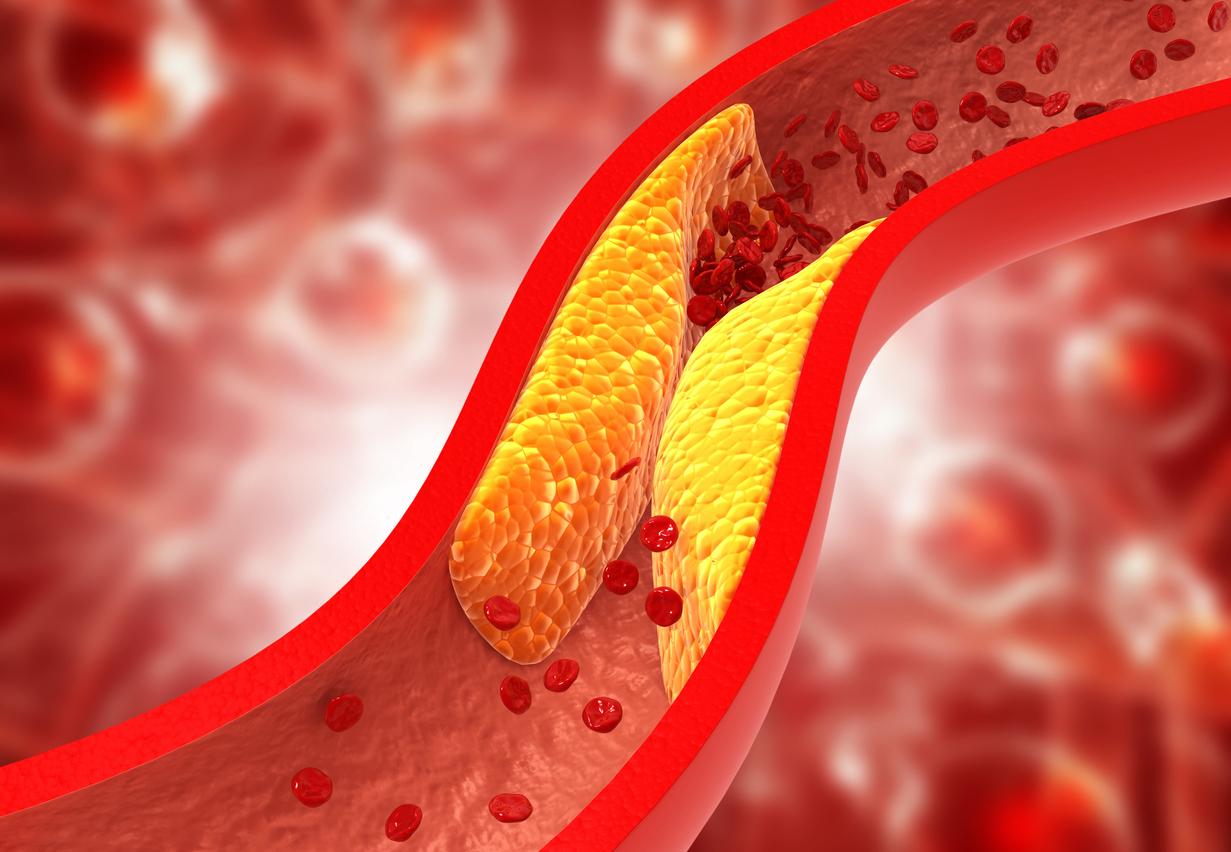The European Society of Cardiology has issued recommendations for better management of adults with congenital heart disease. These heart diseases can be very debilitating psychologically, socially and professionally.

Nowadays, in developed countries, heart defects in newborns are no longer fatal to them: more than 90% of infants who suffer from them reach adulthood, according to the European Society of Cardiology, in a series of recommendations in theEuropean Heart Journal for adults living with congenital heart disease.
Congenital heart disease impacts all aspects of life, from physical and mental health to social and professional life. These pathologies are manifested by defects in the structure of the heart or large blood vessels.
“Having congenital heart disease requires long-term follow-up and treatment, which can also impact social life, limit employment options and make it difficult to obtain insurance,” he said. after Professor Helmut Baumgartner, chairman of the working group that drafted the new guidelines and responsible for congenital heart disease at the University Hospital of Münster (Germany).
The case of pregnancy
Since these patients often suffer from anxiety and depression, the specialists who compiled the recommendations point to the need for regular follow-up in specialized centers which, according to them, should include specialized nurses, psychologists and social workers. for optimal care.
Doctors also emphasize cases of pregnancy, for example contraindicated in women with pulmonary hypertension. “It is recommended that women and men benefit from counseling before conception in order to discuss the risk of malformation in the offspring and the option of fetal screening”, emphasizes Professor Julie De Backer, cardiologist and clinical geneticist at the Ghent University Hospital (Belgium).
As far as sport is concerned, recommendations are detailed for each pathology. “All adults with congenital heart disease should be encouraged to exercise, taking into account the nature of the underlying defect and their own abilities,” says De Backer.
The guidelines also describe when and how to diagnose complications, which includes proactive monitoring for arrhythmias, cardiac imaging and blood tests to detect problems with heart function.

















